A New Global Mediator: Pope Francis and the Quest for Peace
The world today faces significant challenges, including a growing crisis within the international institutions formed after World War II. The United Nations, once a cornerstone for maintaining global stability, increasingly struggles to diffuse military tensions, even within Europe. This inability to reform has diminished its effectiveness. Worse yet, should a permanent UN Security Council member violate the UN Charter, they can use their veto power to block interventions, undermining the peacekeeping efforts of the organization.
In such circumstances, there is a growing consensus that the world needs a new mediator—someone or an institution with the authority to influence opposing sides. Pope Francis and the Holy See, with their global spiritual influence that transcends religious boundaries, represent this potential. The Pope’s approach, often referred to as a “peace algorithm,” emphasizes that peace is not achieved through military victories but through dialogue and cooperation, where all parties involved feel a sense of victory.
The Papal Algorithm
Amid the initial stages of the full-scale war in Ukraine, Pope Francis introduced the concept of a “peace algorithm.” His vision was not aimed at securing a tactical victory but rather at laying the foundation for mutual understanding and coexistence. The goal of this algorithm is to find common ground, to foster cooperation among conflicting parties, especially on issues that require global attention, such as climate change and resource depletion.
According to Francis, real success lies not in one side’s domination but in collective progress. Whether it’s addressing climate change or exploring space as Earth’s resources dwindle, cooperation remains essential. This underlines the Pope’s belief that peace is a condition that nurtures collective global victories.
Rome: A Symbol of Unity
Pope Francis invokes the image of ancient Rome as a metaphor for global cooperation and peace. Ancient Rome, especially during its Pax Romana period, was a symbol of peaceful coexistence among diverse cultures. In Pope Francis’s view, civilizations across Europe, Russia, America, and Asia are linked by this shared cultural legacy of Rome.
The modern Vatican, unfettered by the historical entanglements of religion and state politics, can symbolically and practically serve as a model for new global alliances. Francis envisions Rome as a hub that could facilitate diplomatic efforts, where nations come together based on shared historical and cultural understandings, working toward common goals.
A Neutral Vatican
Since becoming a sovereign state in 1929, the Vatican has maintained a position of neutrality in international conflicts. This tradition of neutrality has been upheld by various Popes, including John Paul II, who condemned the Iraq War, and Benedict XVI, who criticized the conflict in Libya. Pope Francis has continued this trajectory, meeting with leaders from across the globe—including Turkish President Erdogan and Indian Prime Minister Modi—while maintaining respectful relations with both Western nations and powers like China and Russia.
This consistent neutrality has positioned the Vatican as a trusted intermediary in international diplomacy. The Holy See’s reputation as a peacebroker is thus amplified by its refusal to align itself with any military or revanchist endeavors.
Papal Peace Plan for Ukraine
Recently, the Vatican introduced a comprehensive peace plan for Ukraine, offering a thoughtful approach to resolving the conflict, with key steps including:
1. Facilitating the return of forcibly displaced children to their homeland under international oversight.
2. Implementing a full and mutual exchange of prisoners of war, with a commitment to prevent their future involvement in military activities.
3. Granting amnesty to political prisoners on both sides, reaffirming the importance of freedom of expression.
4. Lifting sanctions on relatives of Russian oligarchs not directly involved in financing military actions. This gesture is aimed at fostering goodwill and trust, setting the stage for more meaningful peace talks.
These actions underscore the Vatican’s commitment to ensuring a peaceful and just resolution to the conflict, while promoting principles of human rights and dignity.
A Vision for a New World Order
Pope Francis envisions the creation of an independent global platform for conflict resolution—a new forum where global disputes could be addressed, with the Vatican serving as a central hub for such negotiations. In an era where truly neutral states are becoming increasingly rare, the Vatican’s commitment to peace and its rejection of militarism make it an ideal candidate for mediating international conflicts.
The Holy See’s unique position, free from the trappings of territorial ambition or military power, strengthens its role as a nonpartisan participant in diplomacy, making it a crucial player in efforts to build a new global order focused on peace and cooperation.
A Global Project for Unity and Justice
Pope Francis’s peace algorithm presents a pathway toward peaceful coexistence rooted in cultural values and mutual respect for historical heritage. This approach emphasizes compromise, ensuring that each side can feel they have achieved a form of victory. Such a balanced perspective fosters calls for granting Pope Francis a more formal, extensive international mandate, particularly concerning the Ukraine conflict.
This mandate could be authorized by the UN Security Council or



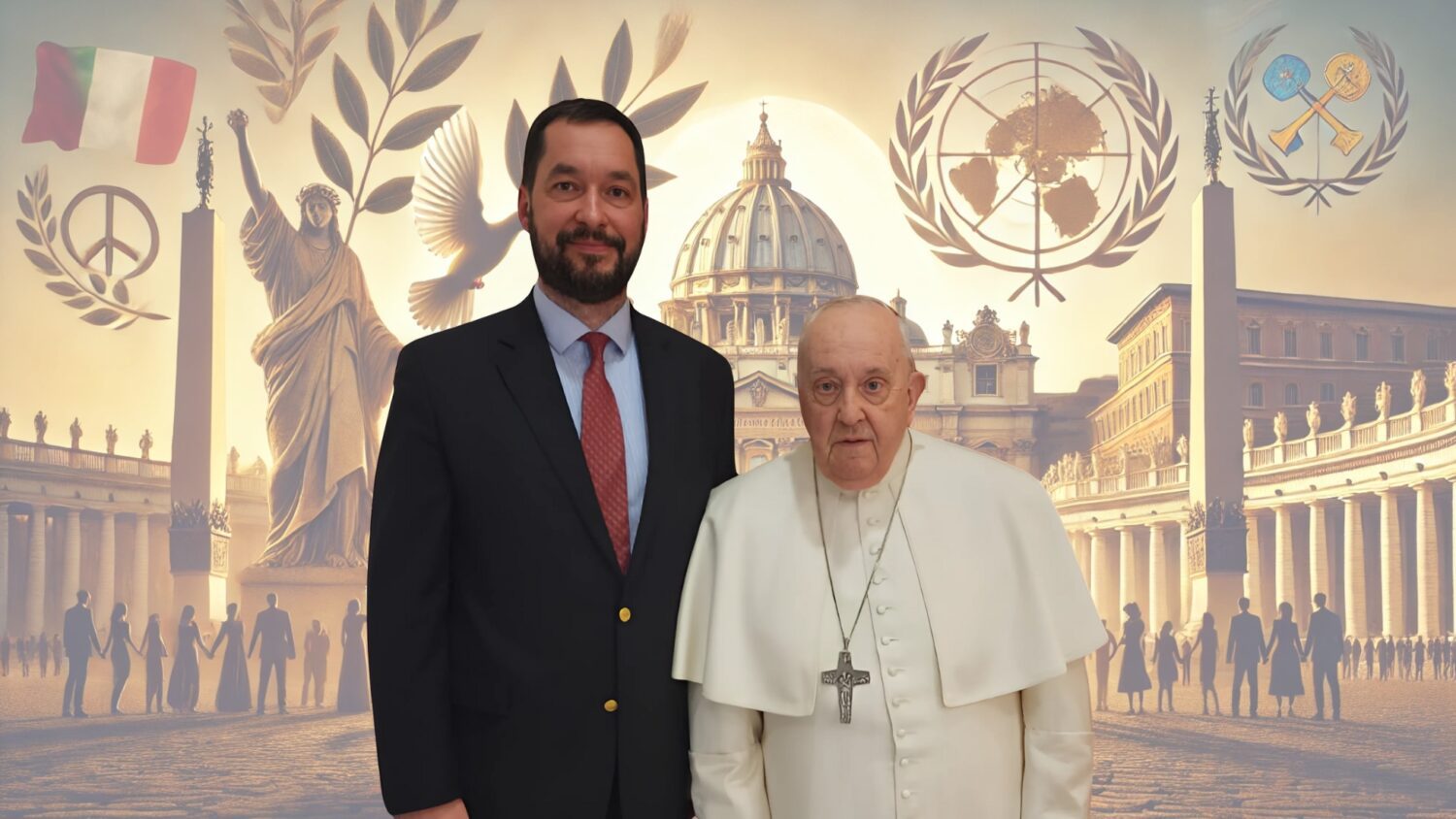
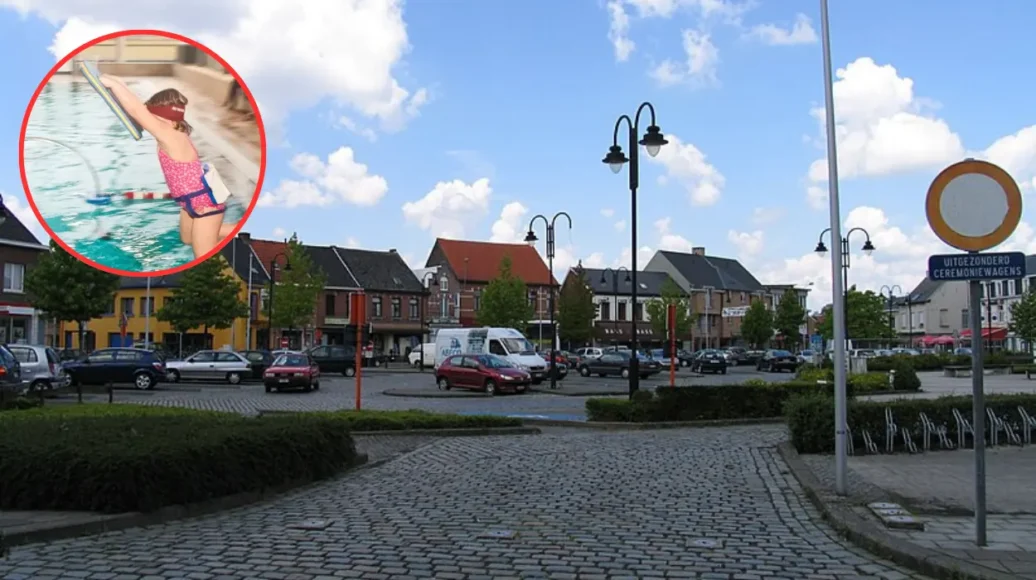
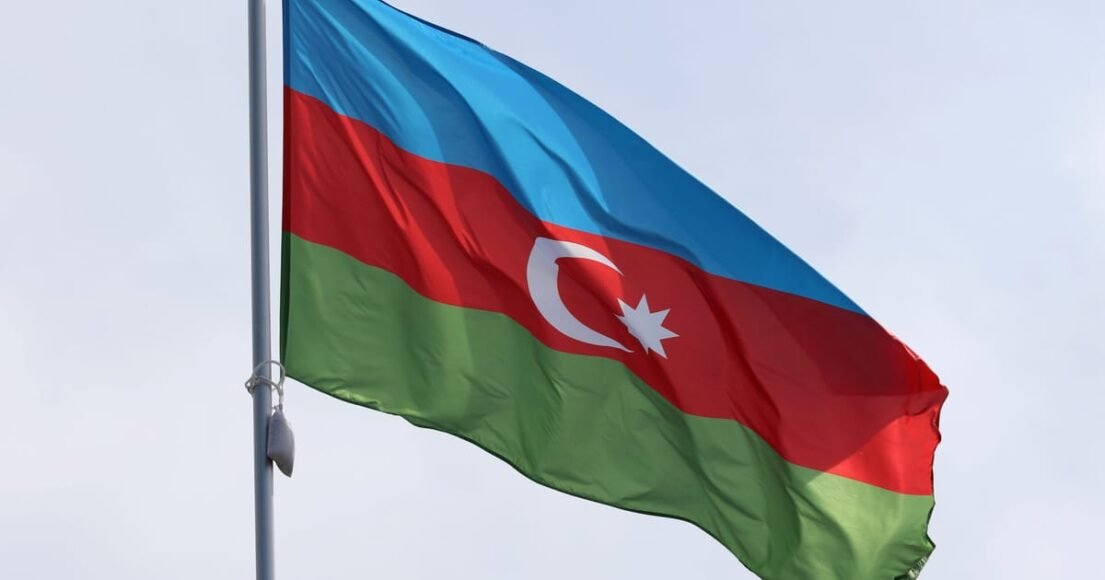

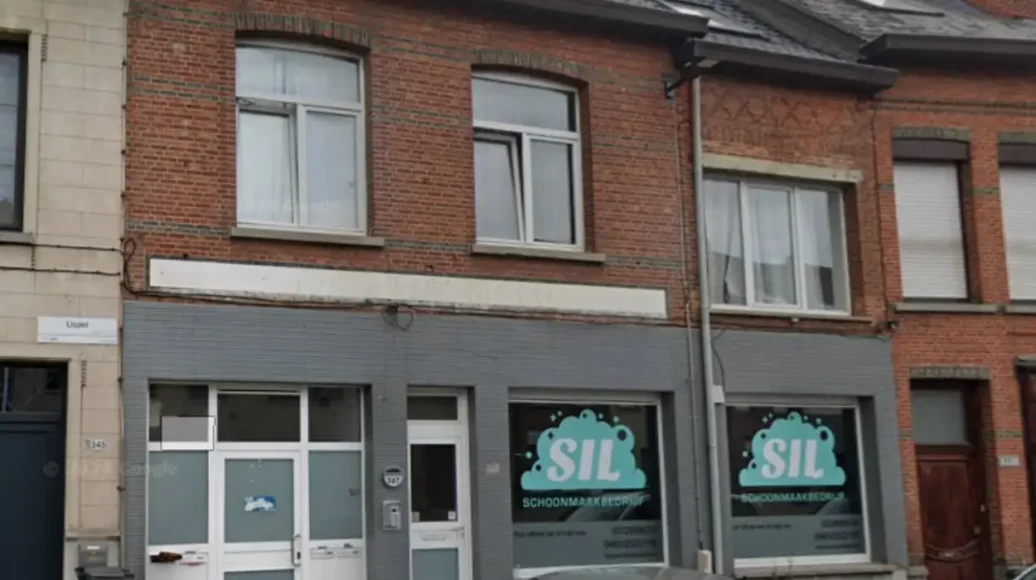
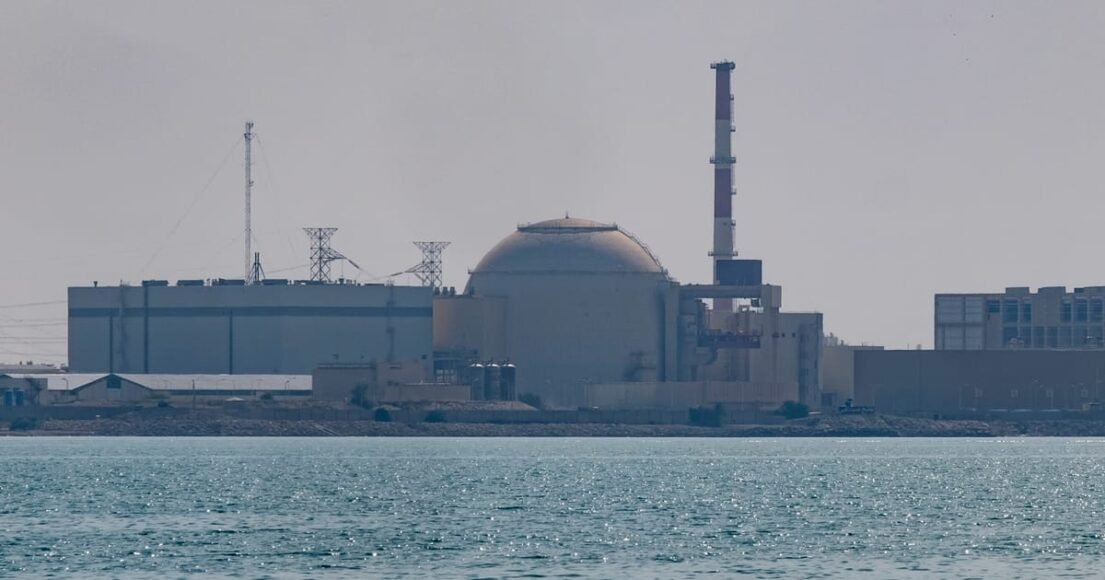
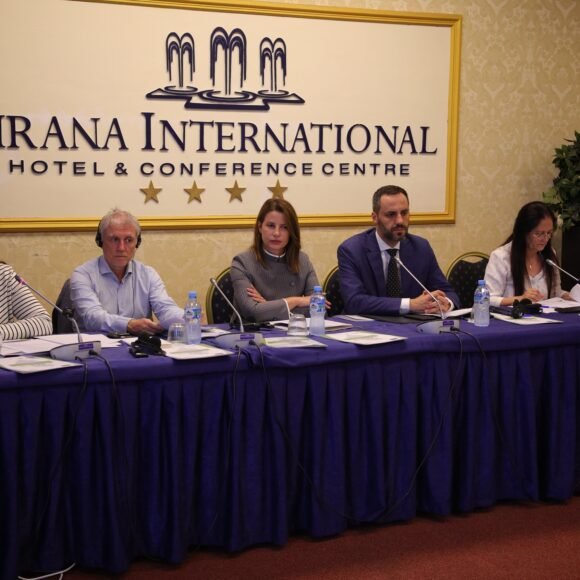
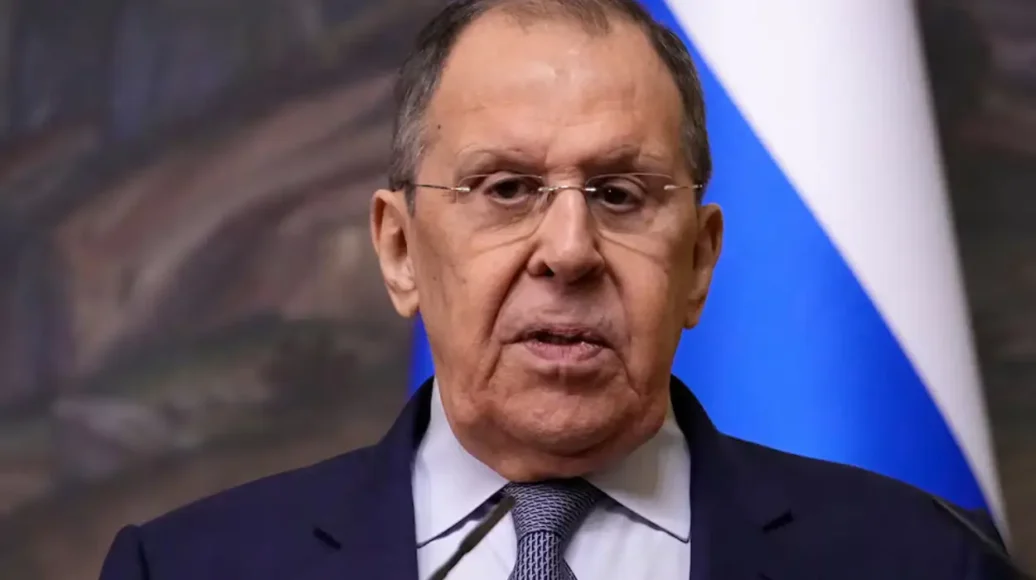
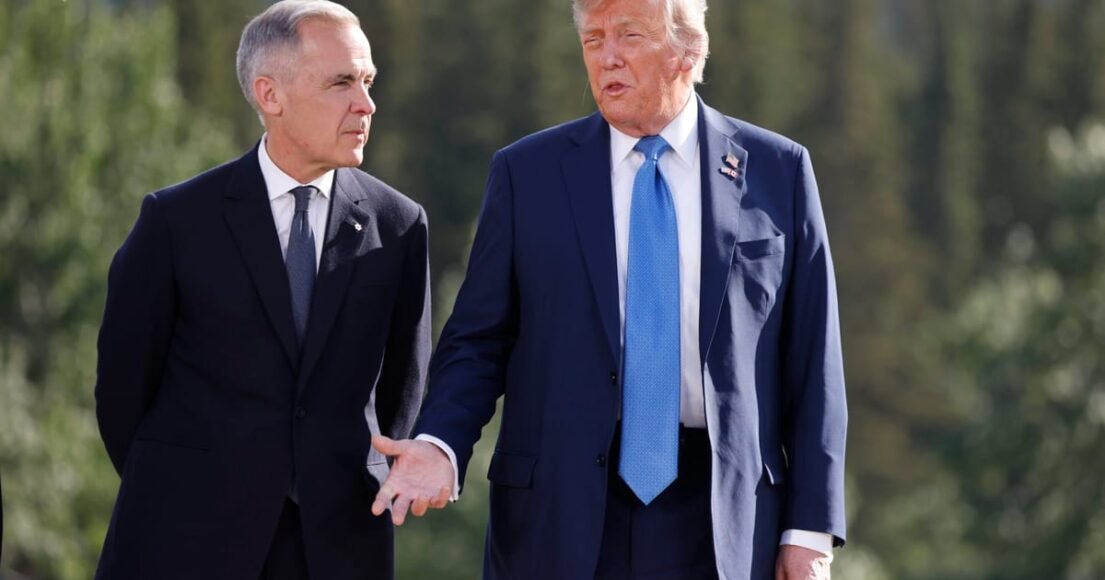
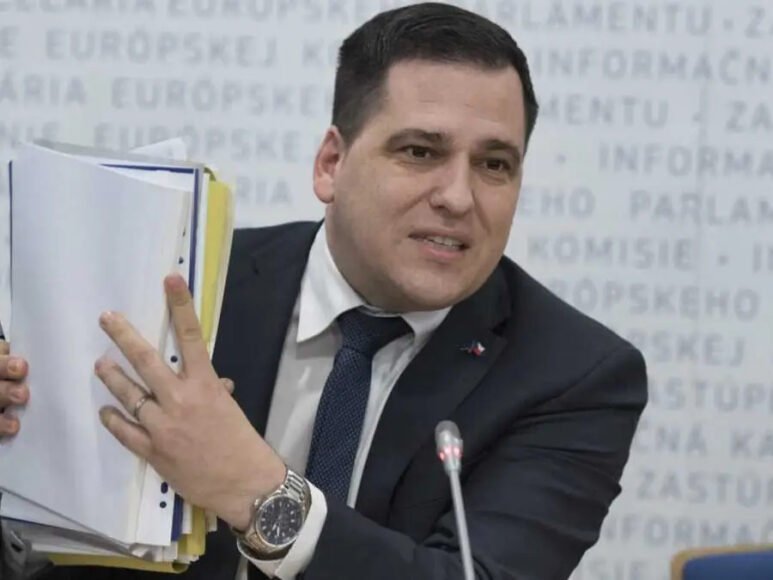

Leave a Reply